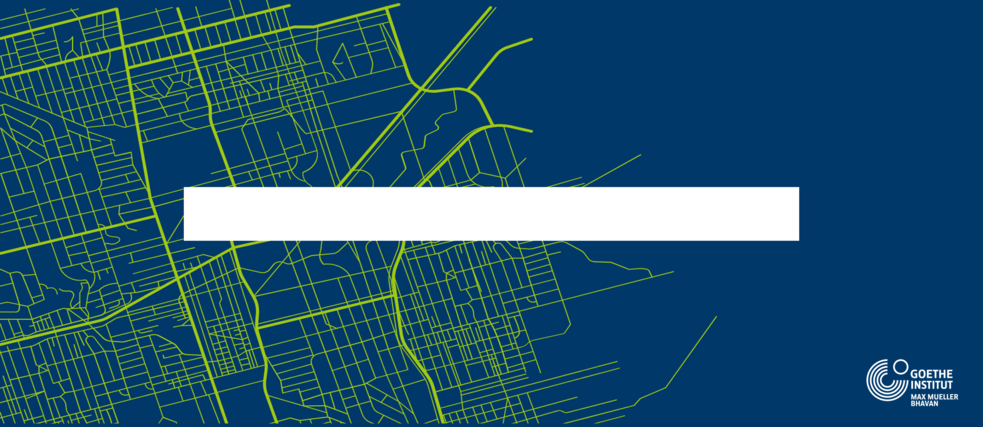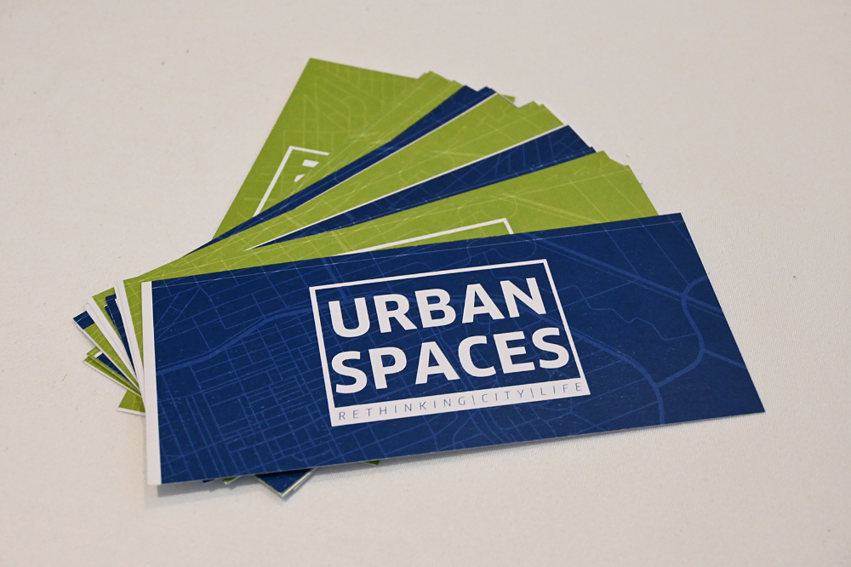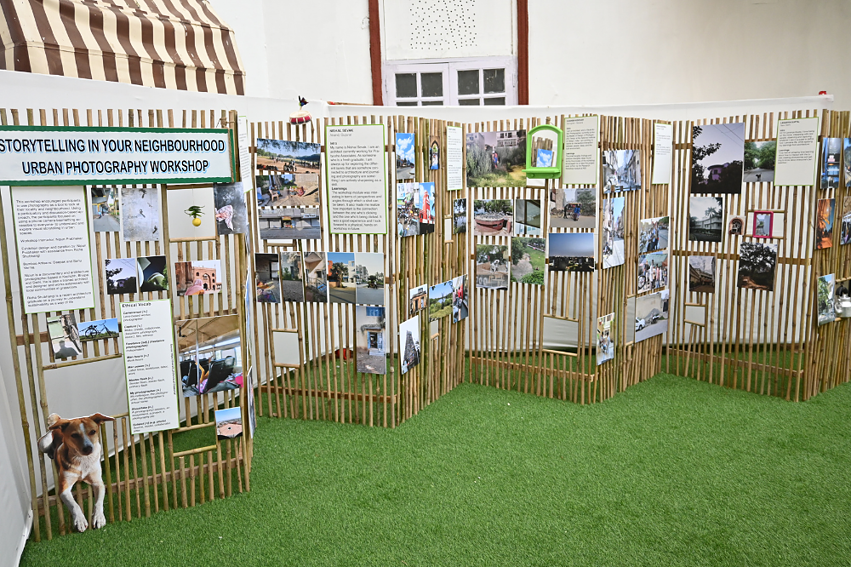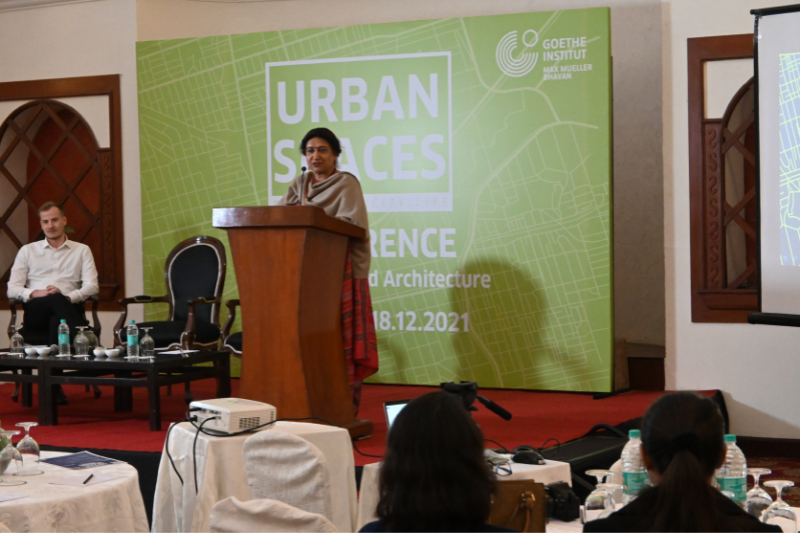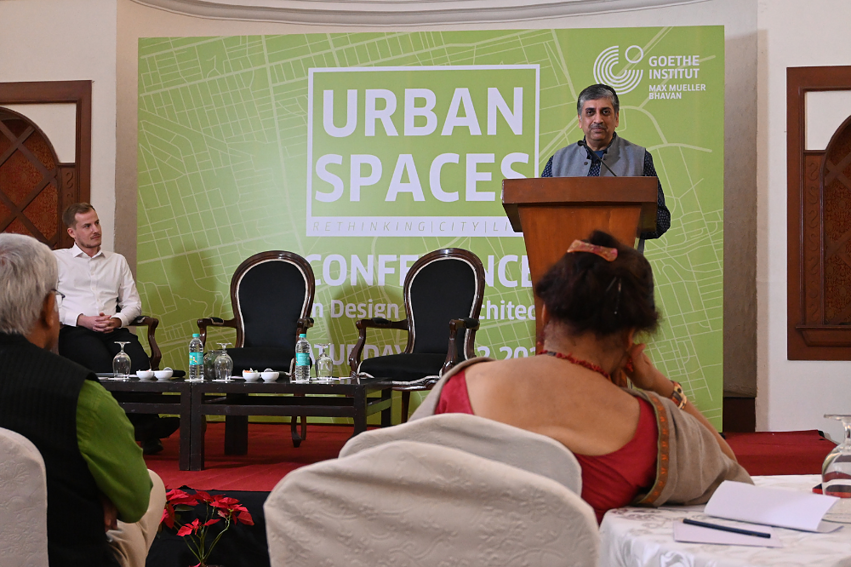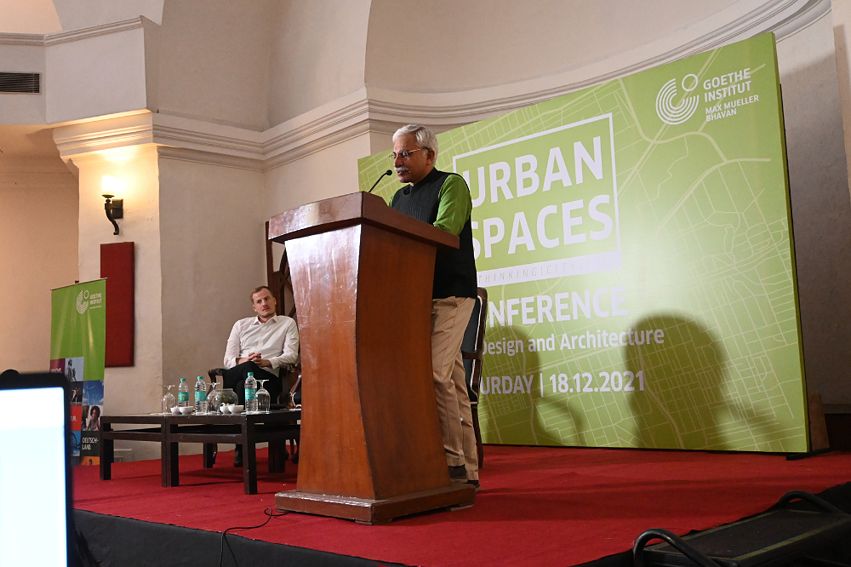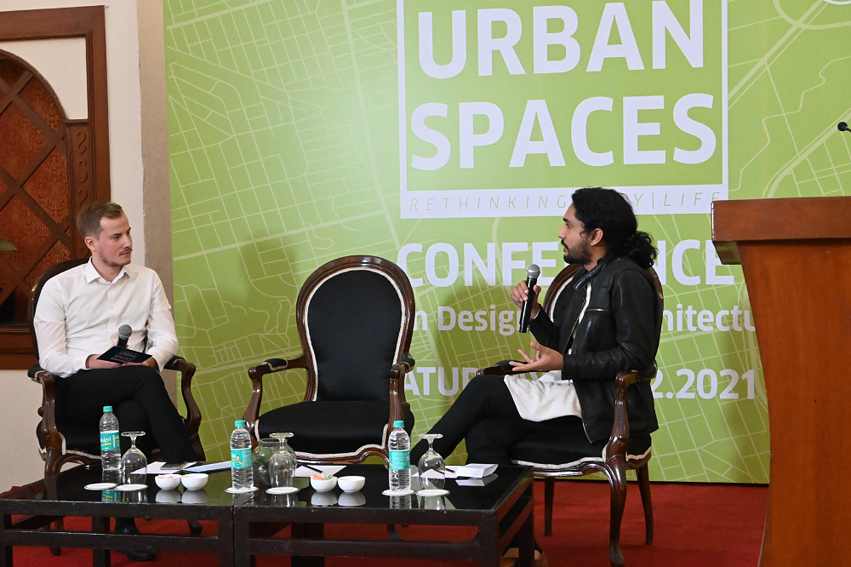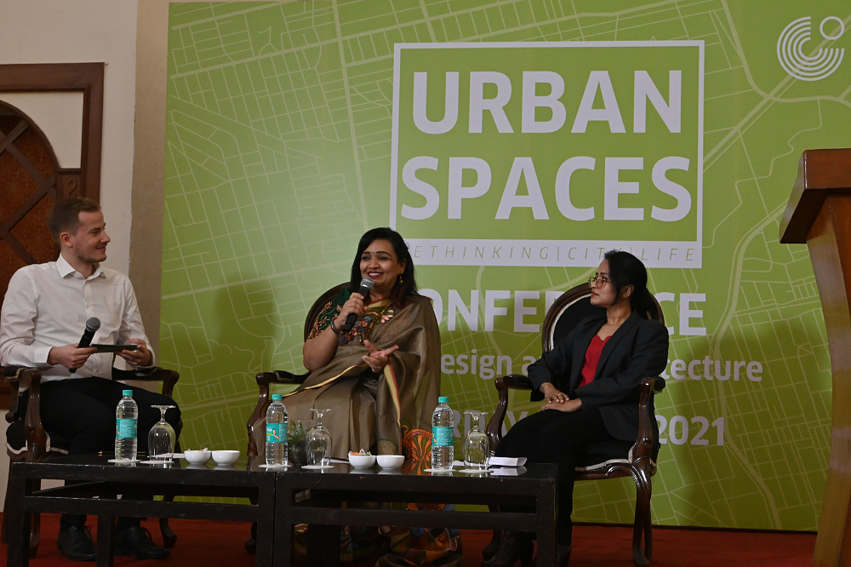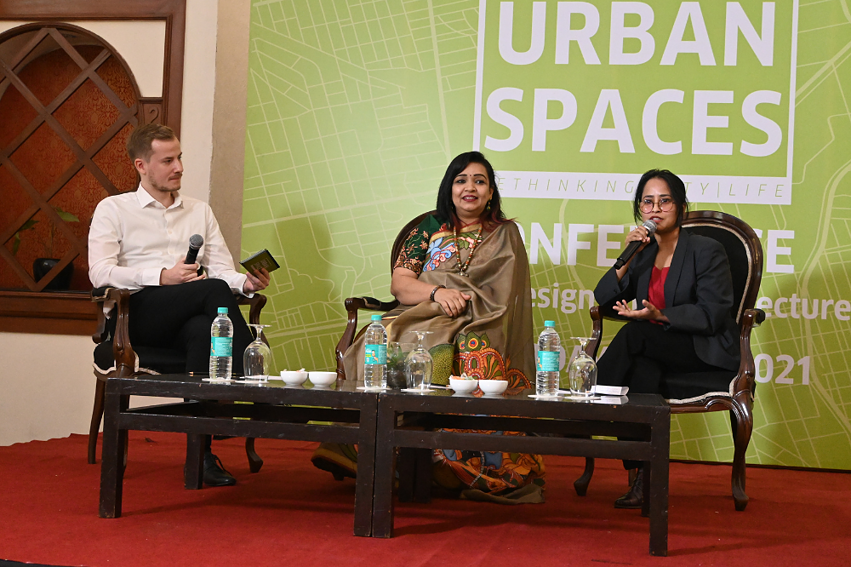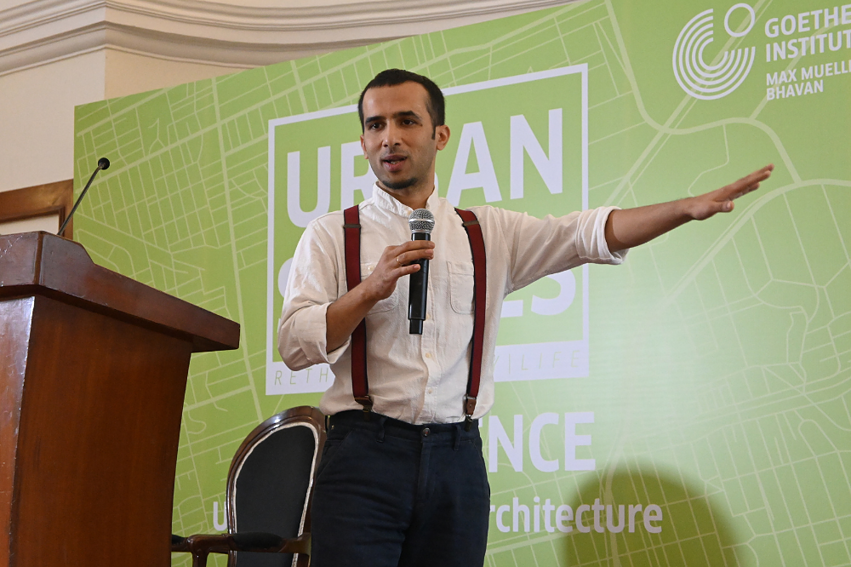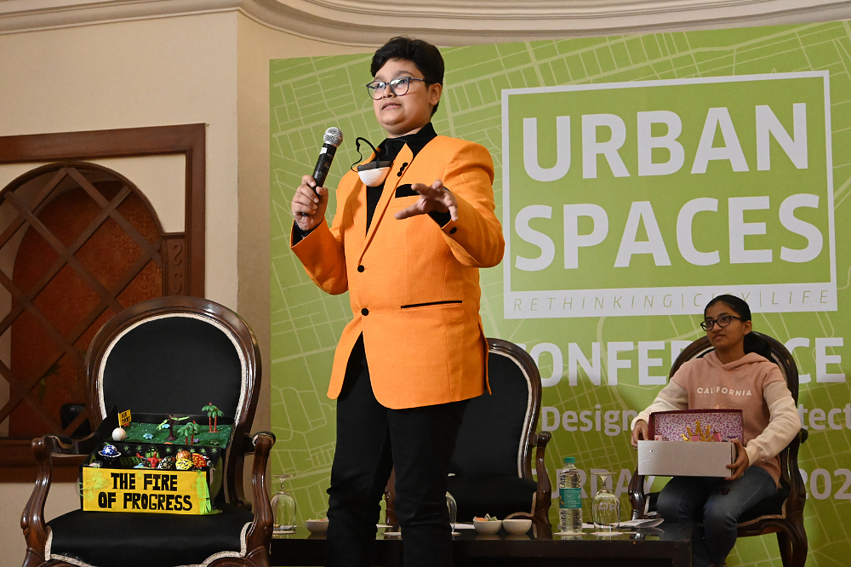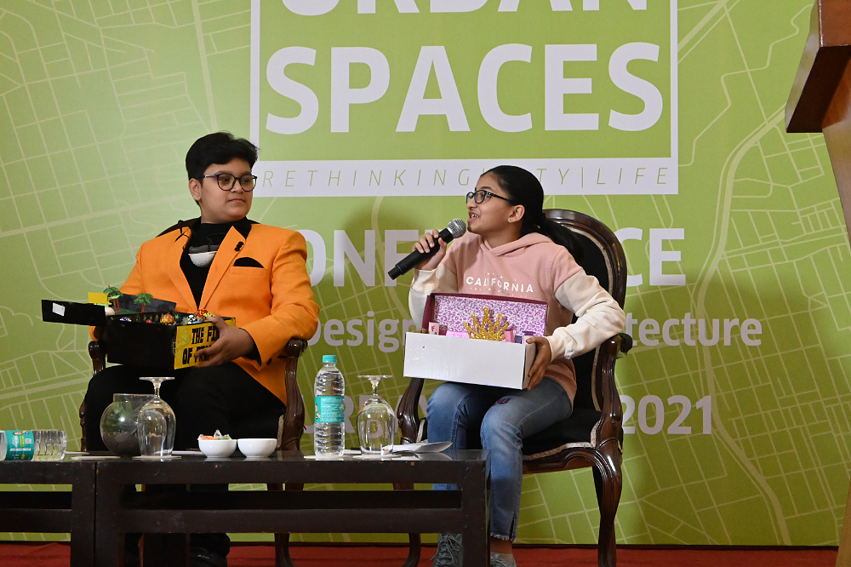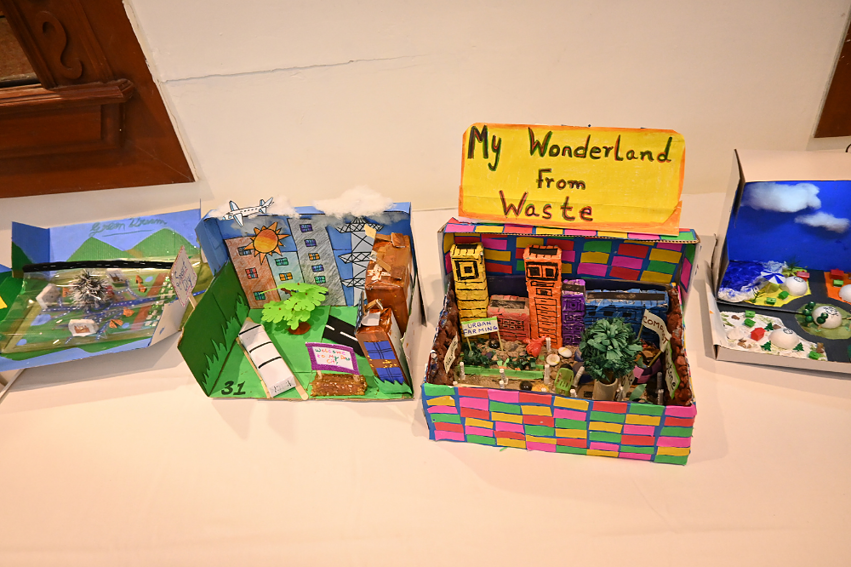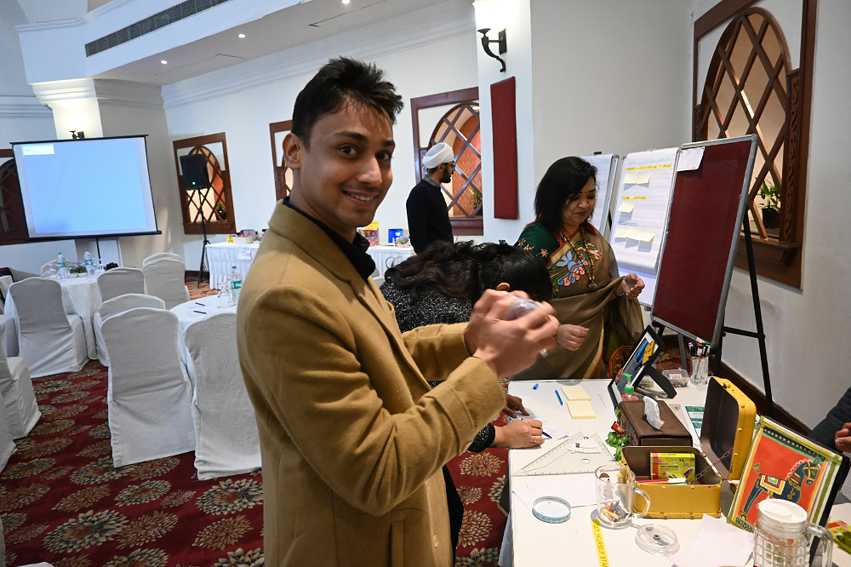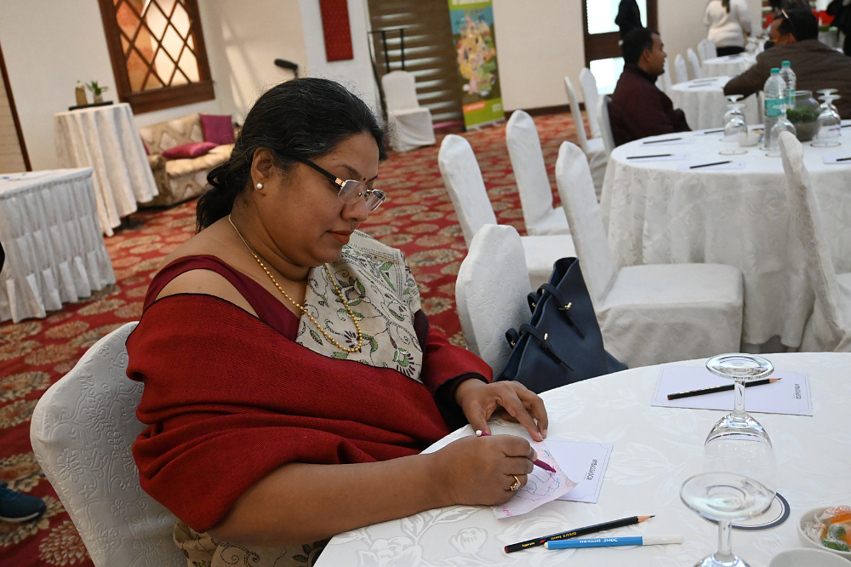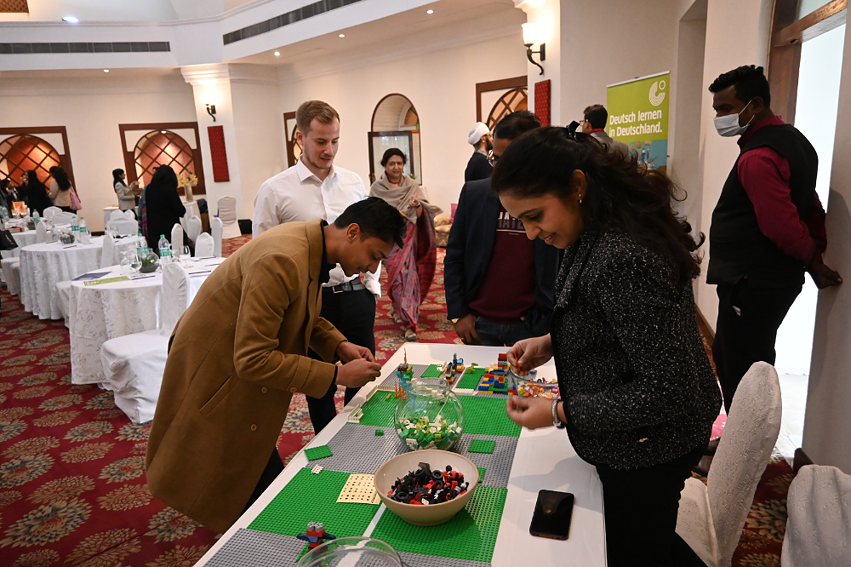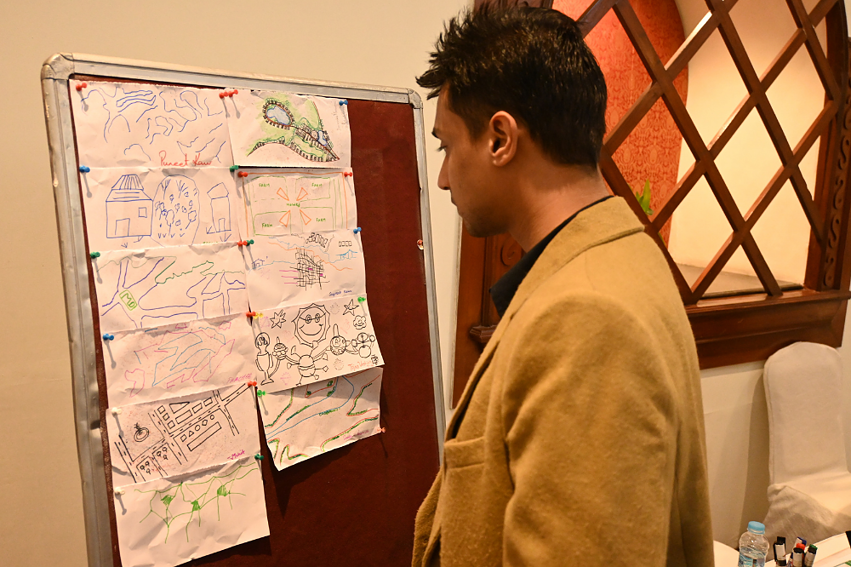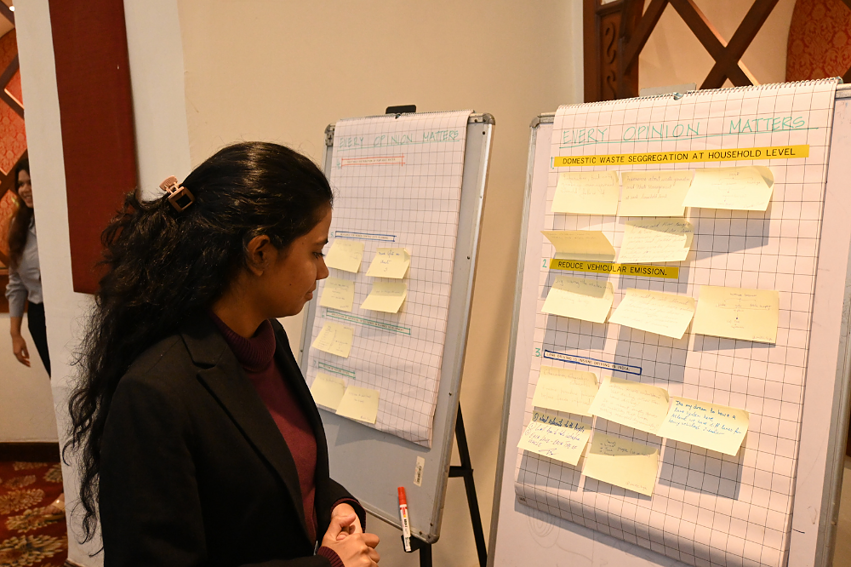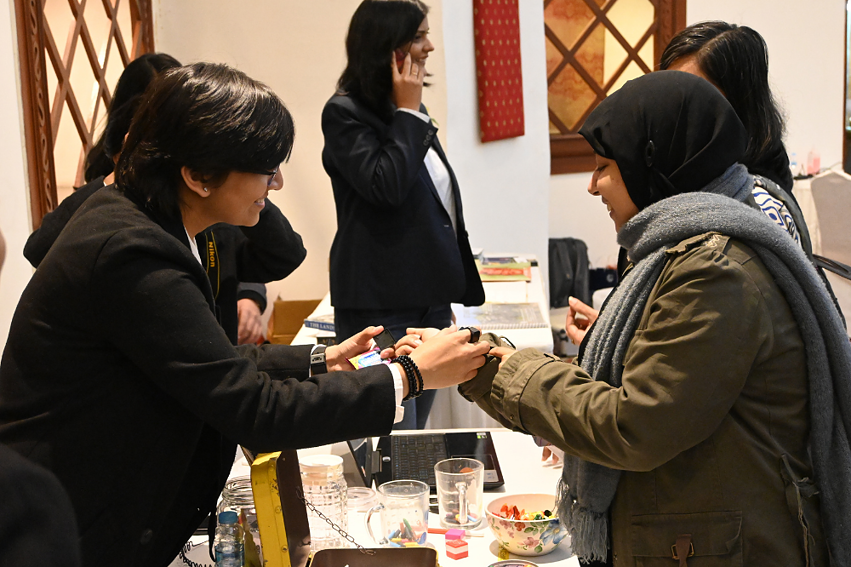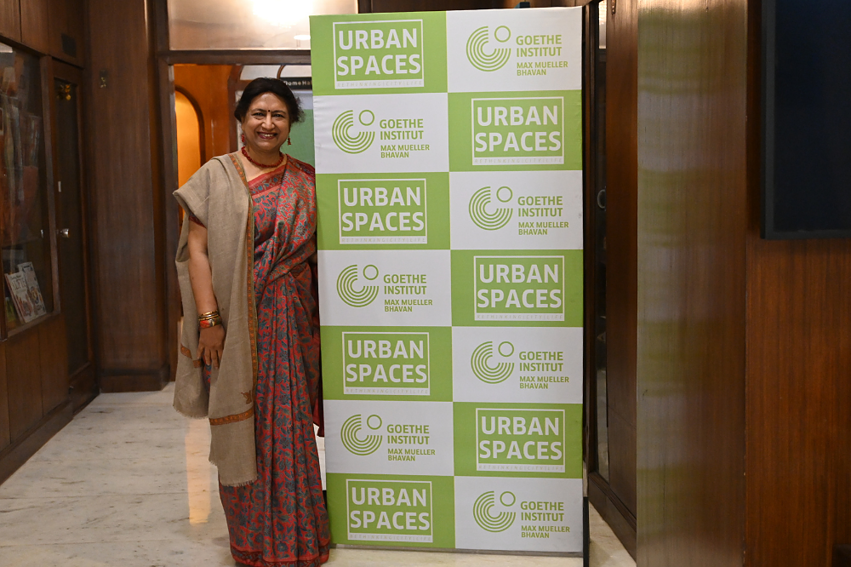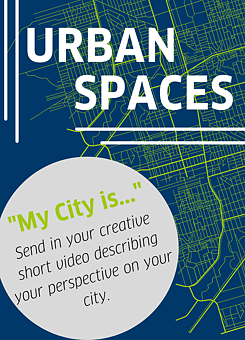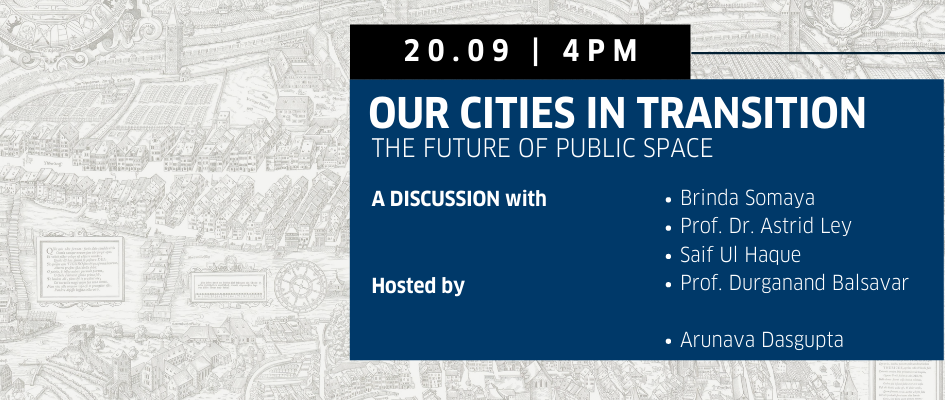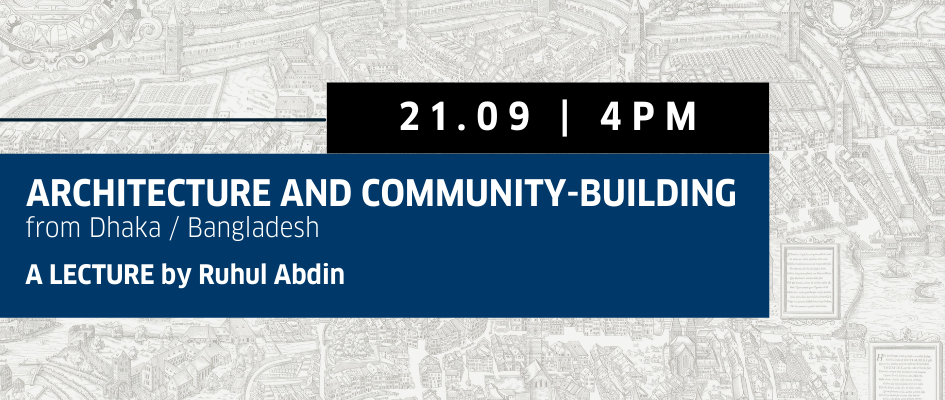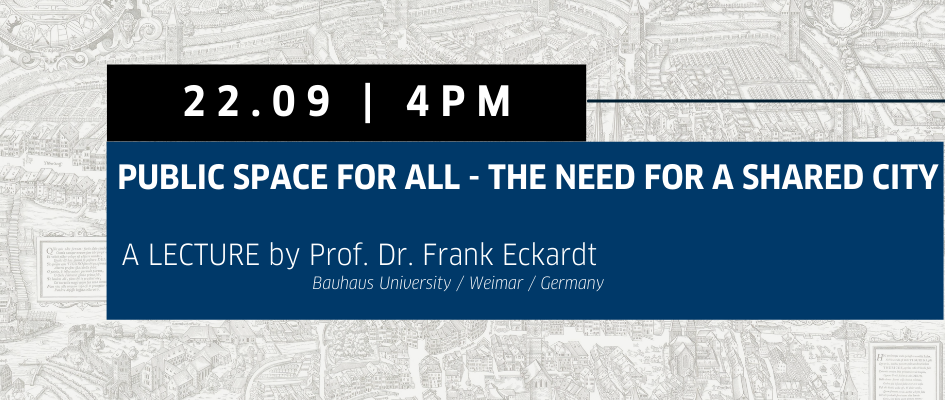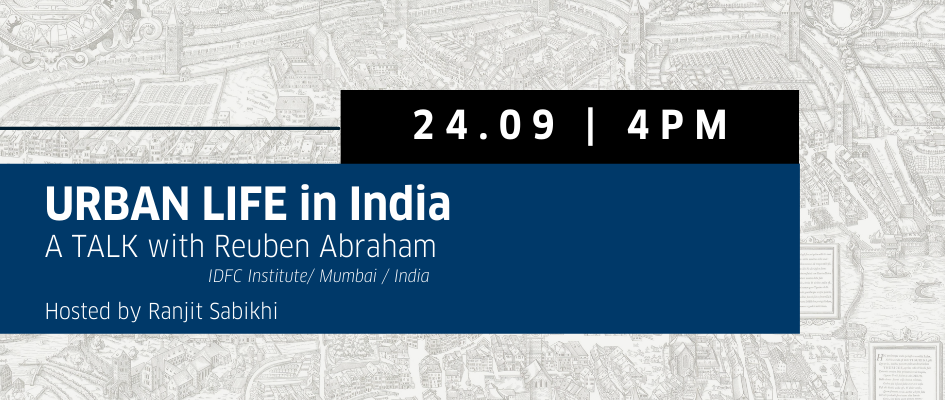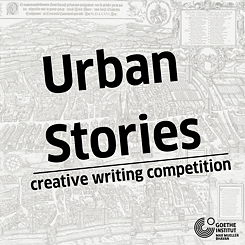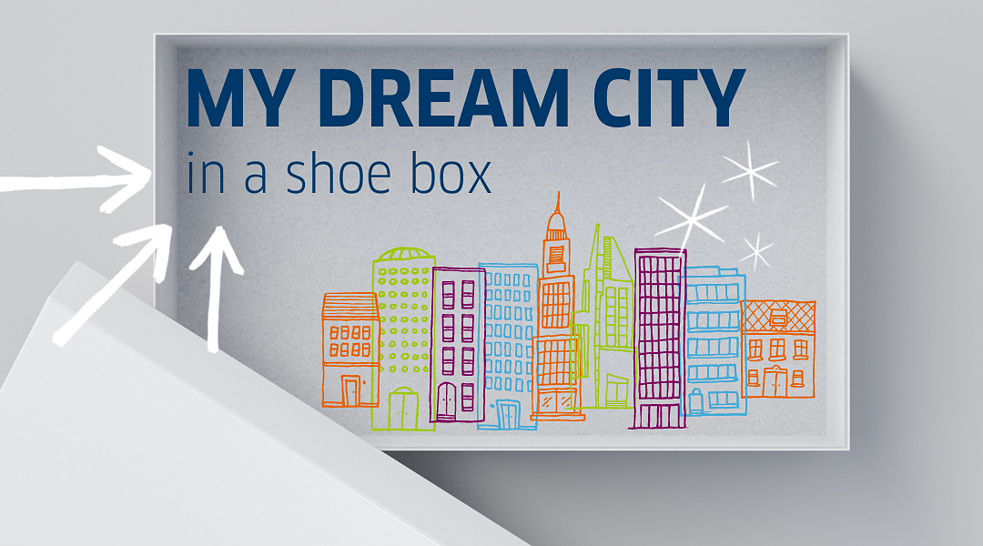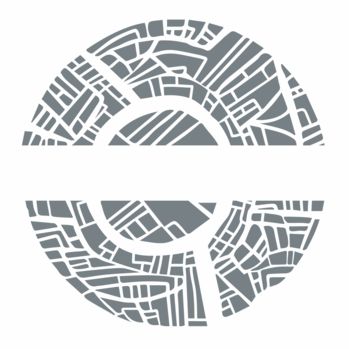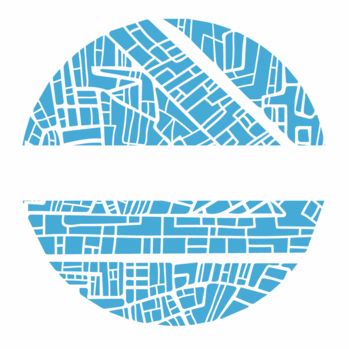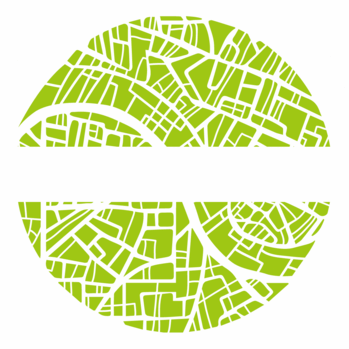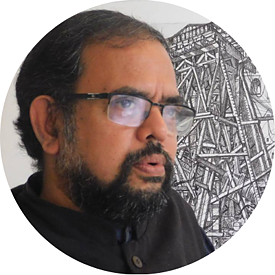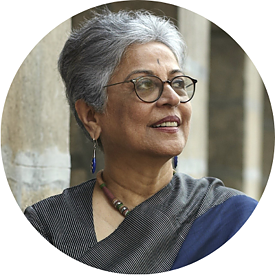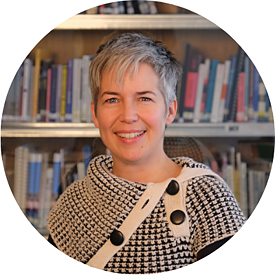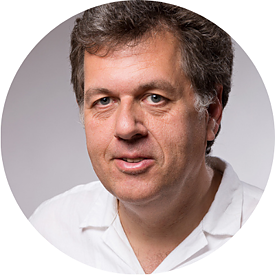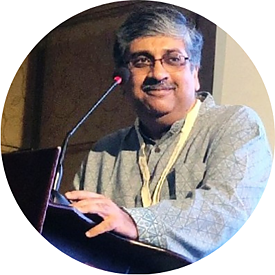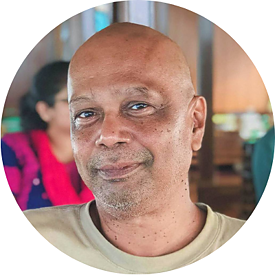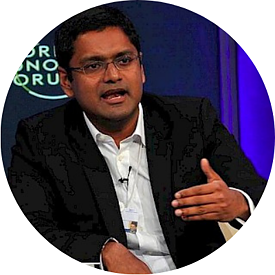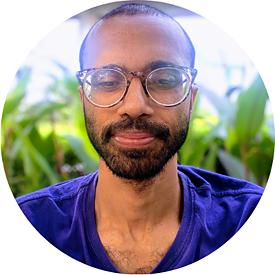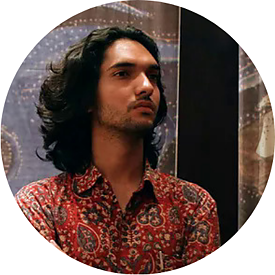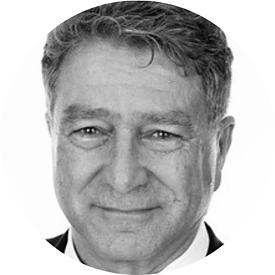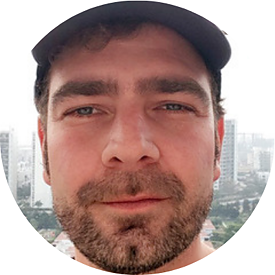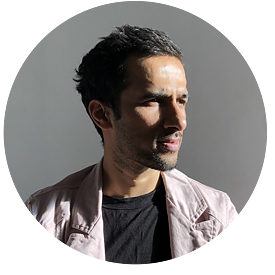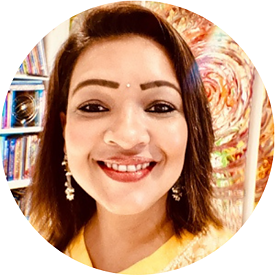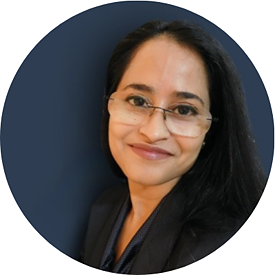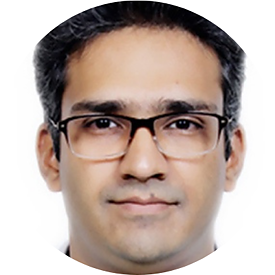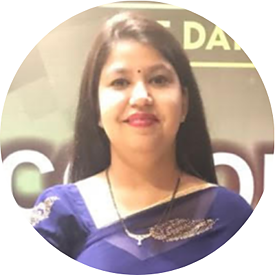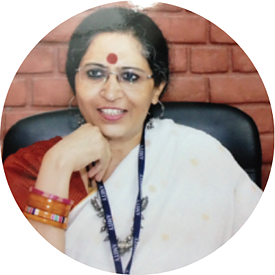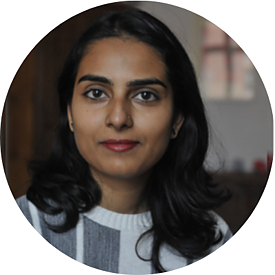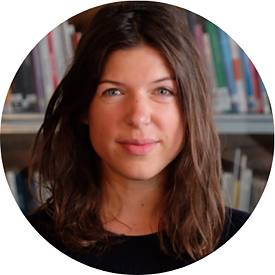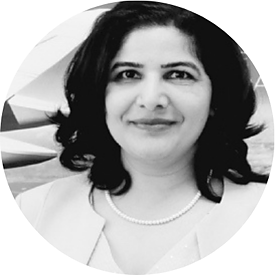Cities are colourful places where diverse people live together. They are social spaces of coming together, they are industrial and economic spaces for work and livelihood; they are spaces for art and culture. They are places of refuge for people with great longing and places for lost dreams. Cities have structure and yet are subject to chaos; they are characterized by strength and resilience and yet are vulnerable to the forces of nature.
Cities are our home. They are spaces in which we move mechanically, but which at the same time open up great potential for creative freedom. They are spaces that we use, exploit, appreciate or ignore. Spaces in which we come together with familiar faces and strange figures to exchange ideas, to learn about new perspectives and ways of life, to grow. At the same moment, our cities continue to grow inexorably.Finding new ways
But how can we make the city's spaces more socially friendly and attractive? How can we come together safely in public places in times of the pandemic? How can we make our cities more climate-friendly and sustainable? What is our vision of a liveable city?Our "Urban Spaces" project revolved around precisely these questions. In lectures, discussions and workshops, participants interactively learned about the challenges and opportunities of modern urban design and together found solutions for better coexistence. Topics such as architecture, sustainability, social spaces, public art, photography and much more were addressed.
With our final conference in December 2021 we not only presented the products and results from our workshops, but also gave further impulses and worked together interactively on solutions for a better living together.
To get an insight, you can have a look at the pictures.
Contact
Matthias Dünnwald
Project Manager, Educational Services
Goethe-Institut / Max Mueller Bhavan New Delhi
Tel. +91 11 23471100
matthias.duennwald@goethe.de
